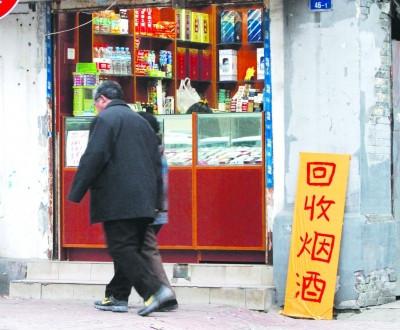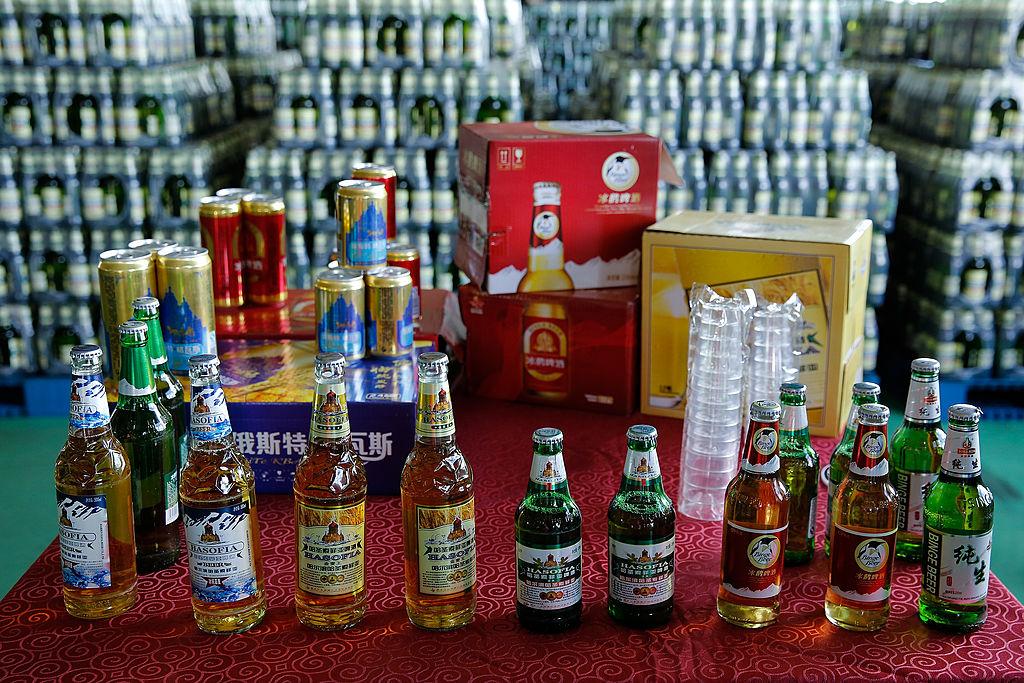In today’s face-conscious—and bribe-heavy—Chinese society, gift-giving has come to occupy a weighty place in the local economy. So much so, in fact, that stores are actually making money by buying back the wares purchased to influence officials.
In 2012, China’s Gift Industry Research Institute estimated that gift purchases accounted for about 768 billion yuan (about $115 billion) yearly—a sprawling business that appears to be closely linked to the world of corruption and money laundering.
Mao Yushi, a renowned Chinese economist, often observed how people carrying filled bags would enter government offices at South Yuetan Street in Beijing, then come out empty-handed. Looking out his window at home, he would then see officials leave work with the bags they had received and head towards nearby shops, where they would sell the gifts.
According to Mao, the merchandise would be resold to people arriving in Beijing, again for use as gifts, Hong Kong’s Phoenix Weekly magazine reported in June 2012.





